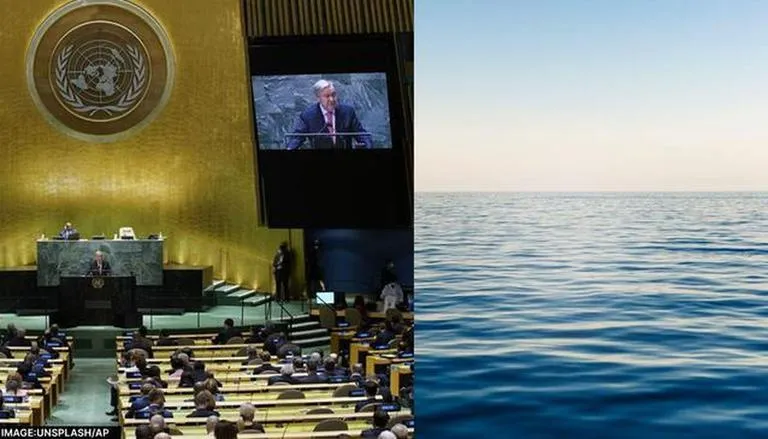The United Nations (UN) 2023 Water Conference will be held in New York on March 22-24. This will be the second time that the UN is hosting a water conference after the one held in Mar del Plata, Argentina, in 1977. With Tajikistan and the Netherlands as the co-hosts, the meeting will attempt to address one of the most challenging crises that the world faces – the water crisis.
From addressing the problems posed by too much water (such as floods) or too little of it (such as droughts), the conference is the most significant water event of this generation, according to the UN. Special Envoys for Water of host nations have said that the meeting could be a “Paris moment” for water, similar to what the Paris Agreement is for the climate crisis.
The conference comes 46 long years after the last of its kind was held in Argentina’s Mar del Plata. Back then, representatives from 118 nations and territories spent 12 days discussing the issue, and arrived at the decision to implement the Mar del Plata Action Plan, which recommended that the world needs to come together to ensure everyone gets clean water and sanitation by the year 1990.
This makes Wednesday’s conference crucial, given how the world and the water crisis have seen massive changes over the years. According to the World Meteorological Organisation, the water crisis impacts about 3.6 billion people, who struggle each year for at least a month to get enough water supply. If things continue on the same trajectory, about five billion people could go through the same ordeal by 2050.
Through the conference, the UN aims to reach a Water Action Agenda, which could bring forward significant solutions and actionable steps that can be taken by world governments and economies to solve the water crisis.“The UN 2023 Water Conference in March must result in a bold Water Action Agenda that gives our world’s lifeblood the commitment it deserves,” said UN Secretary-General António Guterres, according to the World Economic Forum.
The Water Action Agenda aims to draw as much global attention and commitment as the “1.5°C” did, by manifesting political drive and action to address and tackle the crisis. This year’s conference could be a key moment for the UN’s sustainable development goal number 6, which aims to make sure that everyone has access to sanitation and can sustainably manage water.
